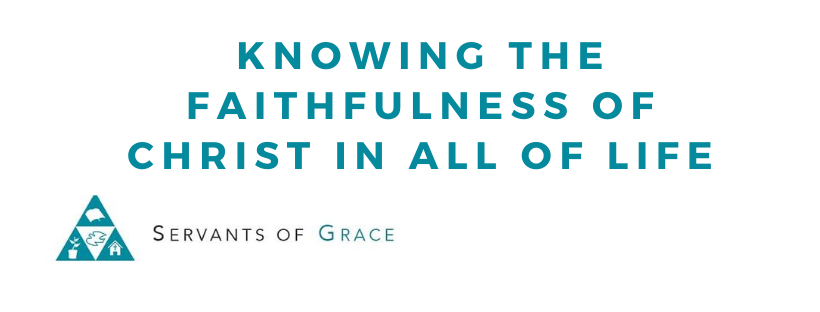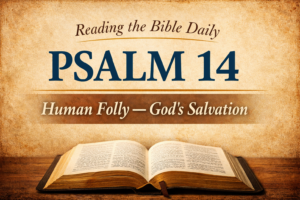⏱️ Estimated Reading Time: 6 min read
In 2006, author Cormac McCarthy released The Road, a gripping tale of a man and his son in a fight for survival in a post-apocalyptic world. Garnering a plethora of literary awards, the novel struck a visceral chord with many readers in its exploration of themes such as survival, fear, hope, and love.
In the story, the man and the boy experience increasingly hopeless circumstances. Besides one fleeting stroke of good fortune, the spiral of events plunges deeper and deeper. Cold nights, empty stomachs, and murderous strangers are ever-present. The wicked knock of despair grows louder with each turn of the page.
Amidst the chaos and sorrow, a tiny phrase recurs between the man and the boy. A curious three-word mantra that serves as a kind of guiding light; a north star of reassurance for both as they navigate the daunting obstacles of a blighted earth.
Carry the fire.
At first, it was confusing. As a reader, I fell behind. The man and the boy seemed to have a full grasp of its significance each time it was used, yet there was no explanation of its meaning. As the book progressed, however, so did my understanding. Not only do these three words have a heavy bearing on a man and his son surviving desolation, but they are also a source of encouragement for the follower of Jesus, especially in the turbulent times in which we find ourselves.
What does it mean to carry the fire? In the novel, the man and the boy face nights of terrible hunger and dread. They cross paths with gangs who have given themselves over to acts of thievery, murder, and cannibalism. Nights spent between the two involve shivering contemplation of recent events and all the horrors surrounding them.
The boy asks his father:
“We wouldnt ever eat anybody, would we?
No. Of course not.
Even if we were starving?
We’re starving now.
You said we werent.
I said we werent dying. I didnt say we werent starving.
But we wouldnt.
No. We wouldnt.
No matter what.
No. No matter what.
Because we’re the good guys.
Yes.
And we’re carrying the fire.
And we’re carrying the fire. Yes.Okay.”
Would it be easier for our characters to kill and plunder? Yes. Would it be easier some nights for them to simply give up and die? Yes. So, why don’t they?
“Because we’re the good guys… and we’re carrying the fire”.
For the Christian, to carry the fire is to keep going: to press on with a steadfast trust in God’s faithfulness despite the trying circumstance. It is to trust that God is ultimately unfolding a plan for good. It is to choose the narrow path when the wide path is easier and more traveled. Above all, to carry the fire as a Christian is to cling to the hope of Jesus, even in the darkest of times, while never giving up.
In 586 BC, the Temple in Jerusalem was destroyed by King Nebuchadnezzar and the Babylonians, leaving the people of Israel without a central place of worship while also being forced into exile. Among the pages of the book of Lamentations, we find a sorrowful author pouring out his heart over the affliction of God’s people amidst unimaginable hardship and humiliation.
The language is strong and unfiltered:
Lamentations 3:4-6, 14, “He has made my flesh and my skin waste away; he has broken my bones; he has besieged and enveloped me with bitterness and tribulation; he has made me dwell in darkness like the dead of long ago… I have become the laughingstock of all peoples, the object of their taunts all day long.”
The situation for the Israelites parallels that of the man and the boy. From tearful eyes, they gaze upon the rising smoke of Temple ruins as they leave the land of promise. Their world is now a desolation, their stomachs are empty, their hope flickers.
Then we hear the cry of remembrance:
Lamentations 3:21-24, “But this I call to mind, and therefore I have hope: The steadfast love of the Lord never ceases; his mercies never come to an end; they are new every morning; great is your faithfulness. ‘The Lord is my portion, says my soul, therefore I will hope in him’.”
Our writer recalls the Lord’s faithfulness. He recounts the ways in which God has delivered him and chooses to place his full hope in the One who has proven himself faithful despite even the worst of trials.
In that moment, the Temple was not miraculously rebuilt. The Israelites were not released from exile. Nebuchadnezzar did not profess faith in the Lord. Yet the recounting of God’s faithfulness provided the strength to keep going in trust and obedience, the strength to carry the fire.
It is no secret the times in which we find ourselves are dismaying. Political division, racial tension, and a global pandemic mark our days. Each sunrise seems to bring with it a new set of difficulties that can quickly hinder our hope. Headlines excite despair, while countless video clips arouse anger. The comments we read on social media are heartbreakingly discouraging. We look upon everything from violent riots to physical distancing and cannot help but wonder, “When will this all end?”
As ones whose “citizenship is in heaven” (Philippians 3:20), who seek to fix our minds “on things above, not on earthly things” (Colossians 3:2), who want to “abhor evil” and “hold fast to what is good” (Romans 12:9), what ought to be the response of believers in Christ amidst such dark times?
We keep going. When others condemn, we build up. When others take, we give. When others pour out hate, we pour out love. When others fight to be right, we fight to be holy. When others entrench in their views, we keep the Word in our hearts and seek to understand. We cling to our hope in Jesus while remembering his faithfulness in seasons past.
Why?
Because we’re the good guys, and with the help of our God, we carry the fire.
References
McCarthy, C. (2006). The Road (pp. 128-129). New York, NY: Vintage Books.




